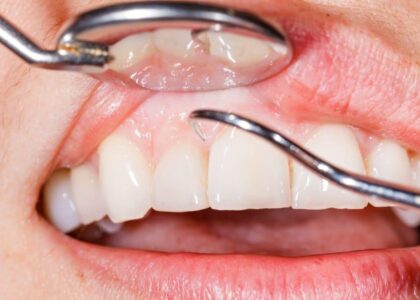The recent COVID-19 outbreak has prompted a rush of purchases of hand sanitizers, soaps, and various surface cleaners. However, the key question is whether hand sanitizers can help you avoid diseases. Yes, yes, yes, yes, yes, yes, yes, yes, yes, yeah, yes Hand sanitizers can keep you safe by reducing the spread of viruses and bacteria. The ingredients in the sanitizer and how it’s used, on the other hand, play a role in avoiding coronavirus infection. It can help kill germs if used correctly and in the right situations.
Question 1, what type of sanitizer we should use
There are two types of hand sanitizers: alcohol-based and non-alcohol-based. Alcohol-based sanitizers use ethanol, isopropyl alcohol, or n-propanol to kill germs, while non-alcohol-based sanitizers use a disinfectant – commonly benzalkonium chloride – to kill germs. Hand sanitizers containing at least 60% alcohol are recommended by the World Health Organization. Use the amount specified on the label, rub it in, and let it dry.
Question 2, when and where to use sanitizer
Hand sanitizer should be used before and after touching a surface that has been touched by others in a variety of settings. It’s a good idea to clean the handle of a shopping cart before using it. Also are these settings such as after pushing a cart around the store, after filling your vehicle with fuel, after handling money and after touching elevator buttons or door handles. After every cough and sneeze, wash your hands (with soap and water or hand sanitizer).
Question 3, possible issues caused by hand sanitizers
Although hand sanitizer machines are now a common sight at the entrance to many public facilities, some have questioned whether their overuse could contribute to several problems. Frequent use of alcohol-based hand gels, as well as over-washing with harsh soap, can irritate and dry the skin. Alcohol-based hand sanitizers with moisturizers are often less irritating than soap, while benzalkonium chloride-based hand gels are less irritating than alcohol-based ones. Because of the focus on strict hand hygiene during the COVID-19 pandemic, the American Contact Dermatitis Society predicted a rise in both irritating contact and allergic contact hand dermatitis – types of eczema produced by contact with or an allergy to a specific chemical – around December 2020. Reduced exposure to germs over the past 50 years, according to the “hygiene hypothesis,” could explain the rise in autoimmune illness and allergic disorders in many Western countries during the same time period. Infants under the age of six are thought to be the most vulnerable to this phenomenon. Hand sanitizer should be stored and used with caution, especially near youngsters. Alcohol toxicity can result from ingesting hand sanitizer. Sanitizer can also catch fire.
Question 4, the important concept of using hand sanitizer
In some cases, alcohol-based hand sanitizers can quickly reduce the number of microorganisms on hands, but they do not remove all types of germs. When it comes to eradicating some types of germs, soap and water are more effective than hand sanitizers, like Cryptosporidium, norovirus, and Clostridium difficile. When hands are clearly unclean or oily, hand sanitizers may not be as effective. Hands can become extremely oily or filthy in social settings, such as after people handle food, perform sports, work in the garden, or go camping or fishing. They also may not be effective in removing dangerous compounds from hands, such as pesticides and heavy metals. Handwashing with soap and water, as often as possible, is recommended because it minimizes the number of germs and chemicals on the hands. To put it another way, hand sanitizers are useful tools for cleaning our hands in locations where soap and water aren’t available, but they’re never a total substitute.
Question 5, other steps required to eliminate the covid outbreak
In general, we must adapt our lifestyles to coronavirus, lest it becomes an endemic problem in our country. To protect ourselves more successfully from coronavirus infection, we need to utilise face masks and follow SOPs in addition to having our booster doses on time. If you require additional information, please visit our website. jenis vaksin covid 19.






